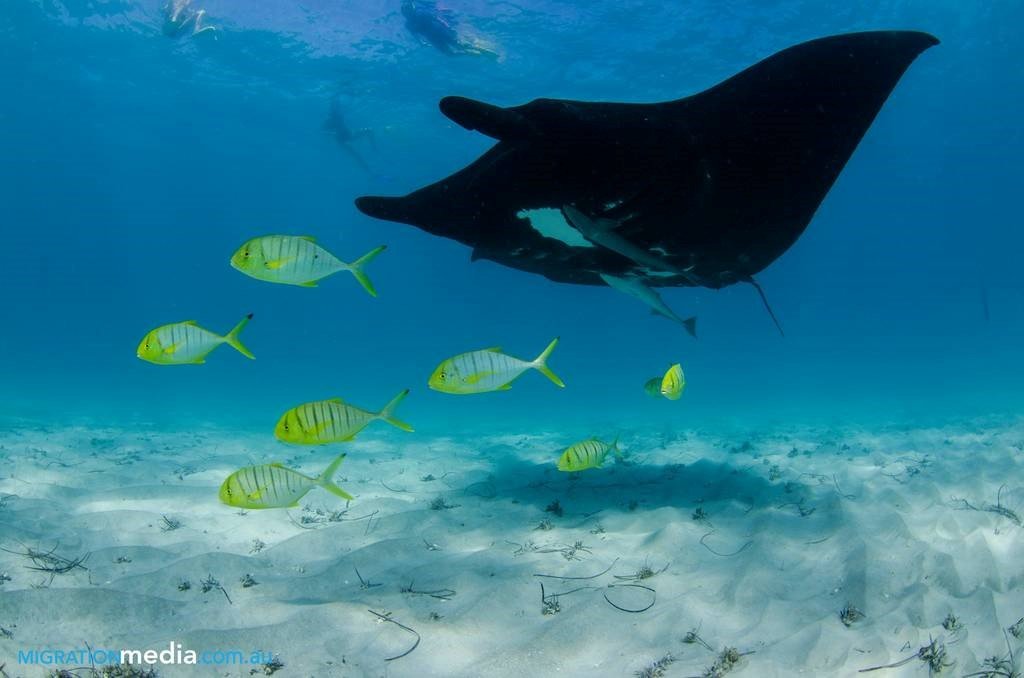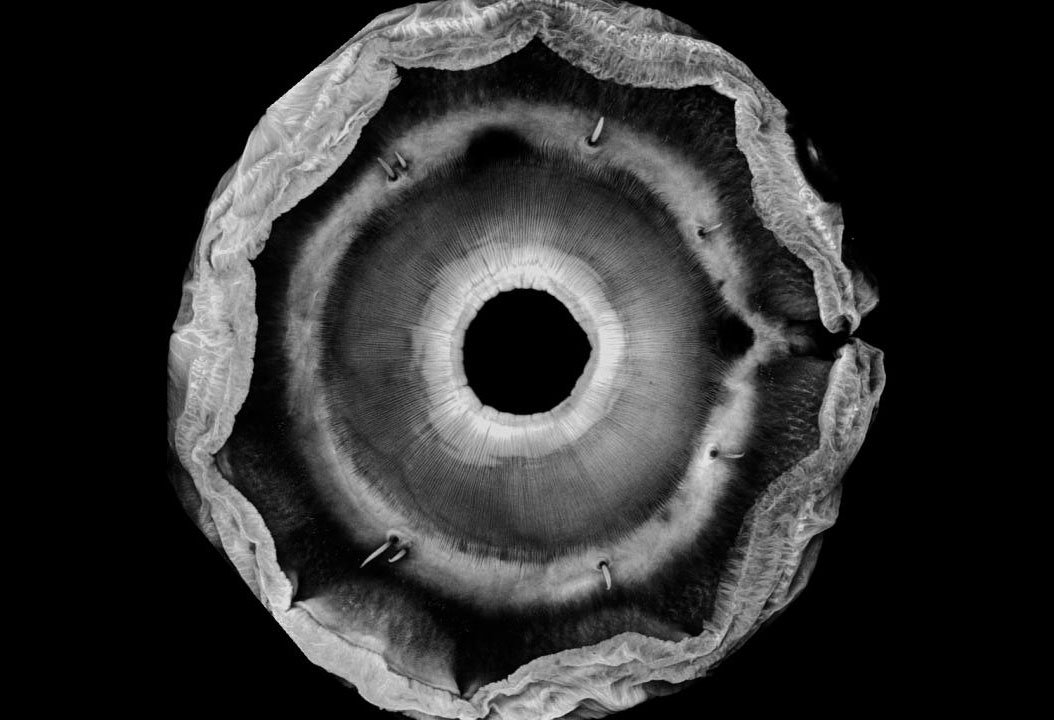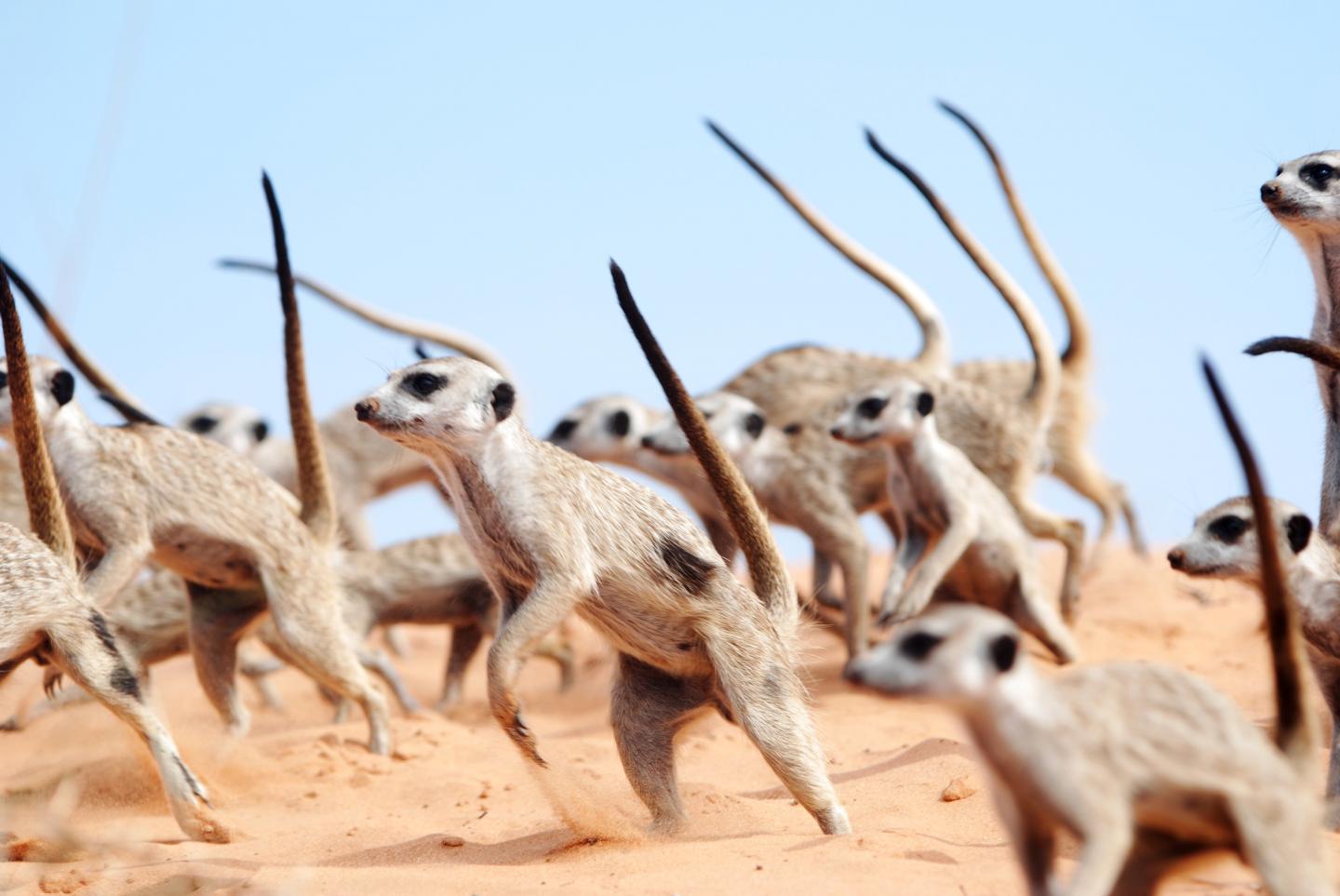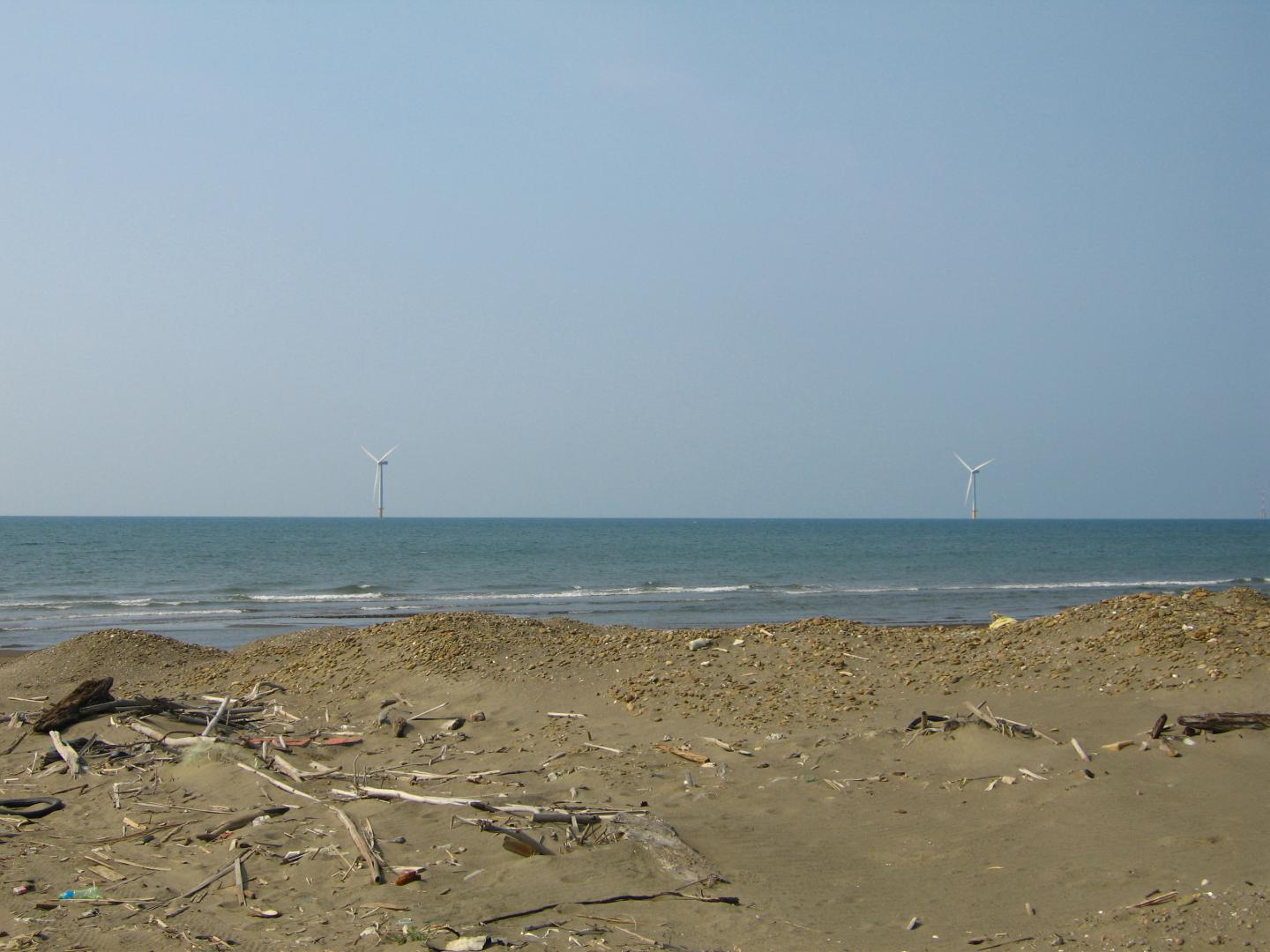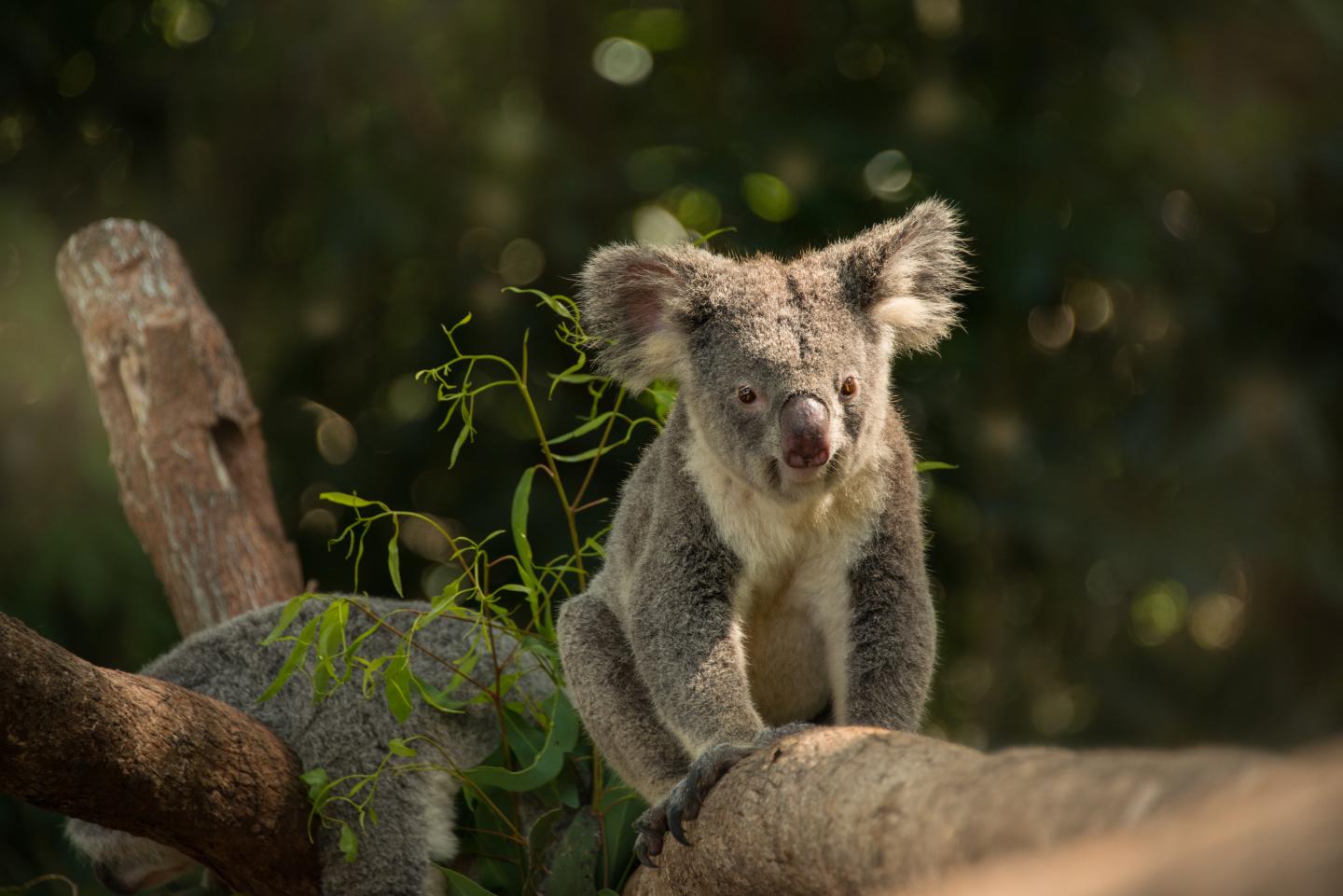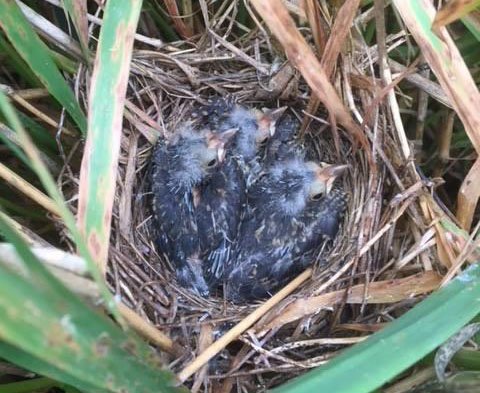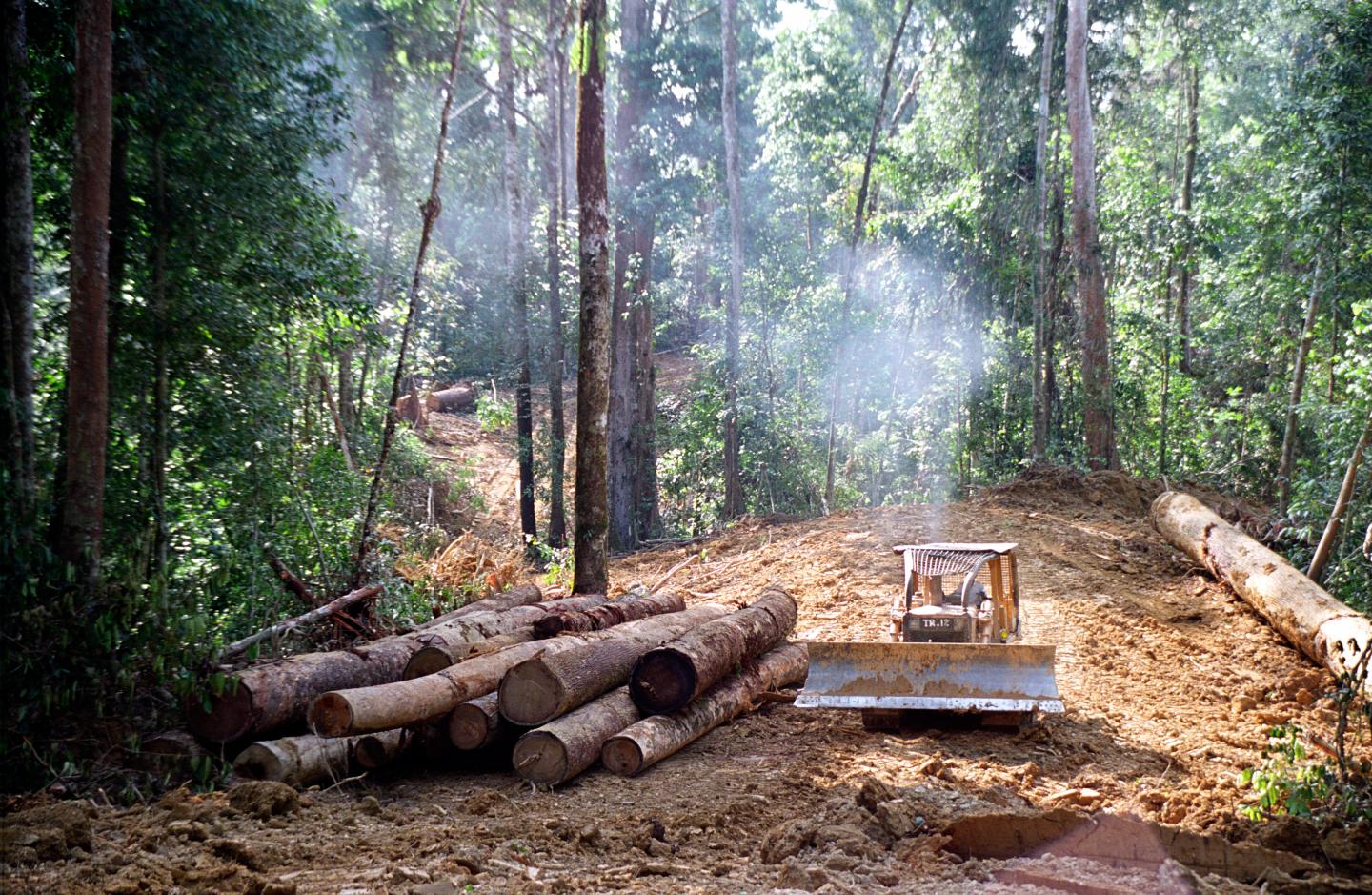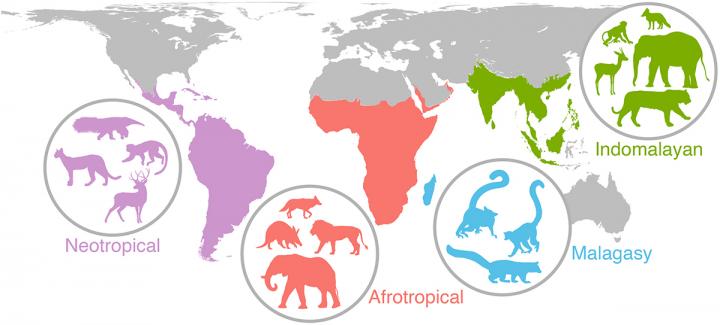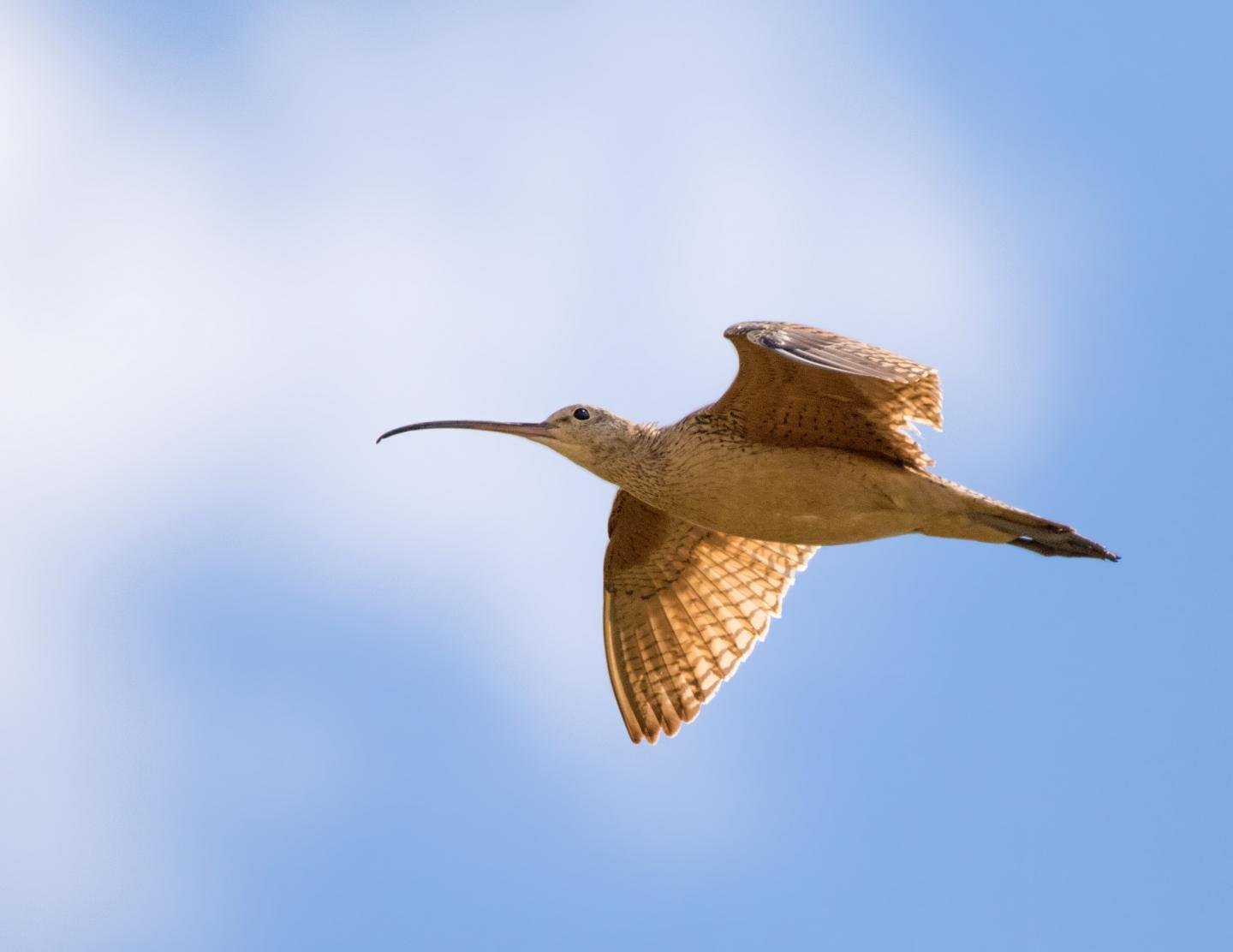Healing rays: Whoopi’s quick to mend
‘Whoopi’ the manta ray – a regular visitor to Western Australia’s Ningaloo Reef – has helped University of Queensland and Murdoch University scientists study rays’ impressive ability to heal. Whoopi, who has swum with thousands of tourists WA’s over the years, was hit by a boat in 2015, suffering propeller cuts measuring up to 20 … Read more
